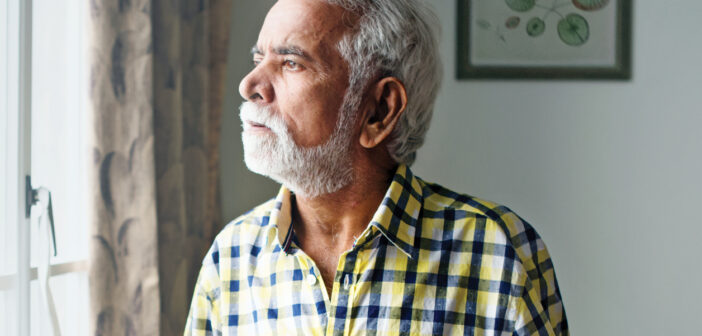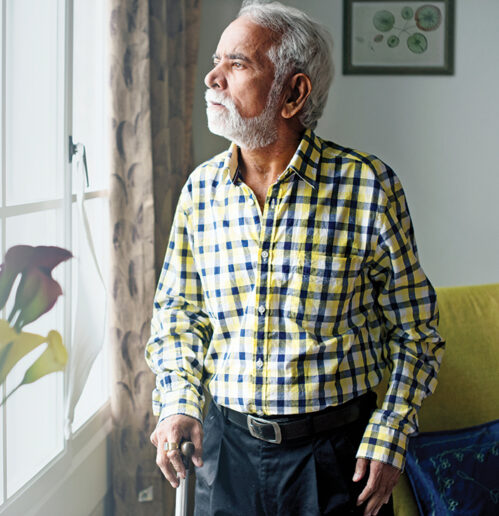
In our days of advanced and constant communication technology, it can be difficult for those who are “plugged in” to understand the plight of those dealing with loneliness and social isolation. Yet, in spite of our ease of socialization, feelings of loneliness are on the rise in nearly every age group. The problem started before the pandemic, and for those of retirement age and older it has only gotten worse, especially if they have lost a spouse or close family member. It is possible that constant communication has become so easy that many are taking it for granted and what used to be a visit to a mother or grandfather has become a call instead, or a text or a generic post on a timeline or page. In fact, studies have shown that technology can displace in-person engagement, monopolize attention, reduce interaction quality and diminish feelings of self-esteem. Today, involvement with in-person clubs, labor unions and religious groups is on the decline in older populations. (Not to say that today’s instant connection technology should be discontinued – it has helped many keep in touch with loved ones; but it should never be totally substituted for in-person contact.)

Seniors are living longer and in places further away from family members and friends than ever before and often it is up to family to make the effort to create and maintain a meaningful relationship. The longer a person is disconnected, the easier it is for them to stop believing that others have their interests in mind. Loneliness and social isolation in seniors can have devastating effects on health and mental acuity. Chances of premature death increase by nearly 29%. Risk of heart disease is increased by 30% and stroke by 32%. Those suffering from loneliness also have increased anxiety, feeling of depression and an increased chance of early-onset dementia. It is estimated by the U.S. Surgeon General that social isolation and loneliness accounts for $6.7 billion in excess Medicare spending. Socially-connected people live nearly 50% longer on average; therefore, it is important to reach out to those you love if you feel they are spending the majority of their time alone. They’ll be much happier and around to spend more time with you. Shouldn’t that always be the goal?
Tips to Help a Senior Through Loneliness
▸ Schedule Weekly/Monthly Visits. Visits are a no-brainer but they rarely happen. Life just seems to get in the way, doesn’t it? Instead, look ahead to find time and schedule something. It can be a meal, or a time to help with chores. It could be a weekly sporting event on the TV or a live theater production – anything is good.
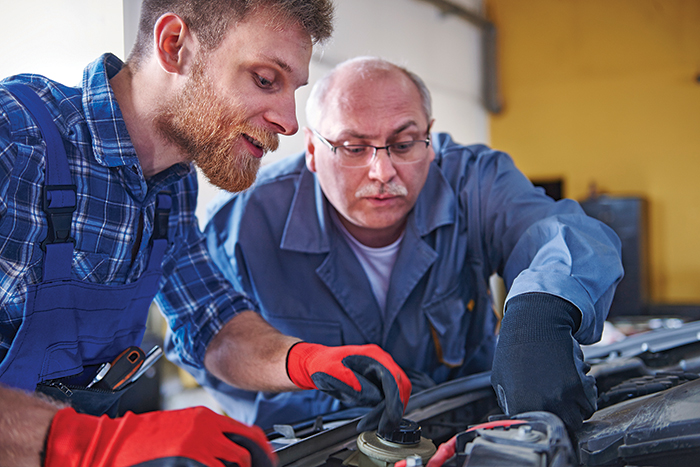
▸ Ask the Expert. Everyone’s an expert at something. Maybe your widowed father/mother used to be an auto-mechanic, plumber, electrician, doctor, cook, painter or in one of many other fields. Whenever you need a job done or advice on a particular subject, call them over to your home. They would love to help and converse while you work on the project. You’ll definitely learn a thing or two, for sure.

▸ Find a New Hobby. Often, a new hobby or project can get someone up and out of the house and into a new social experience. Quilting, sewing, painting, wood-working, golf, pickleball, gardening, writing … the list is endless. Get them interested and get interested yourself.

▸ Join a Club or Social Group. This is a big one and can be coupled with a new hobby or past expertise. Social clubs are always accepting new members and joining one
can lead to new and never-before-imagined friendships. Finding one is as easy as an internet search. If they are interested in sewing or painting, pickleball or cornhole, or anything else, a league or a club awaits. If they are a veteran, clubs such as the Veterans of Foreign Wars (VFW) or American Legion will gladly accept them. Others such as the Old Newsboys, Fraternal Order of the Eagles, Lions Club, Flint Elks or the Retired Men’s Fellowship of Greater Flint can provide them a gathering to look forward to, as well as a worthy charitable cause.
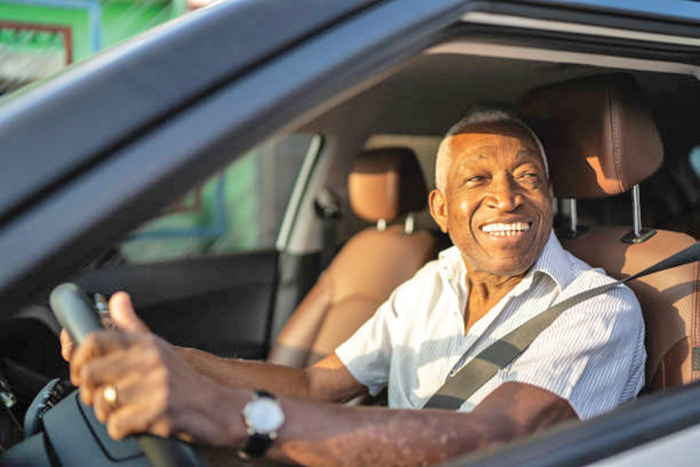
▸ Find Transportation. Older citizens with or without disabilities may no longer have the means of self-transport. This can play a large role in their feelings of isolation. We are not always available to take them to and from the places and friends they would like to visit. Make sure to help them navigate the many social programs available for transportation and to reduce the stigma (if they are harboring any) of using them. The MTA has programs available for seniors and ride share services such as Uber are available in a pinch.
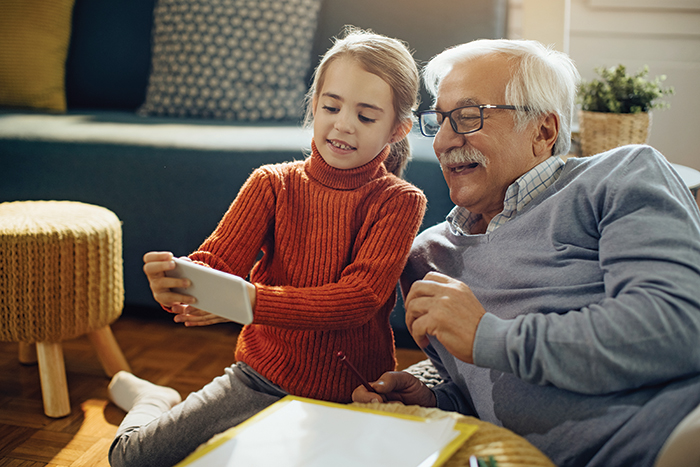
▸ Keep Them Involved. Taking the kids to the circus? Festival? Does grandma or grandpa want to join you? The answer will nearly always be “yes.” If you are heading to the auto show or to the museum or just for a walk in the park, your parent or grandparent will love to be there … and if they are busy at the time with their own social event, with friends, or working on their new hobby, then that’s a good thing and you can rest assured that they are engaged and continuing to make new and healthy life connections.

